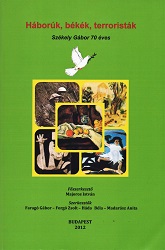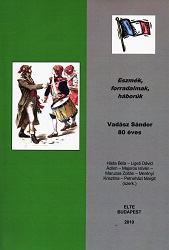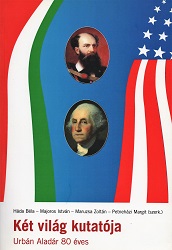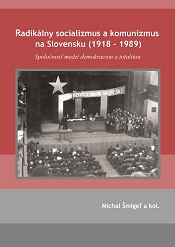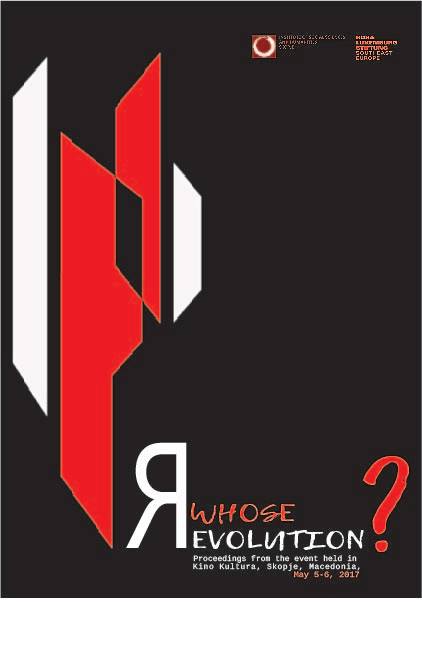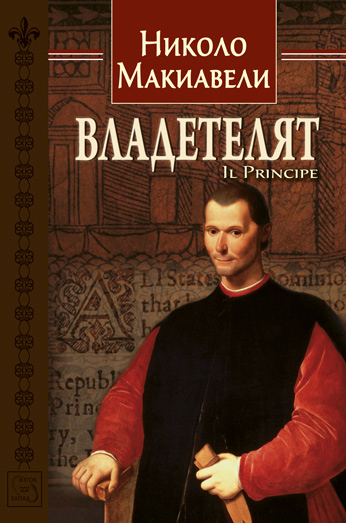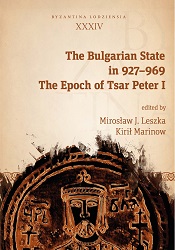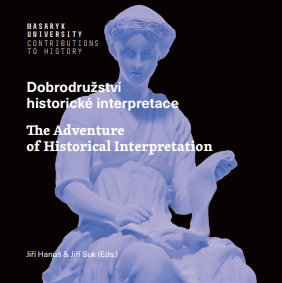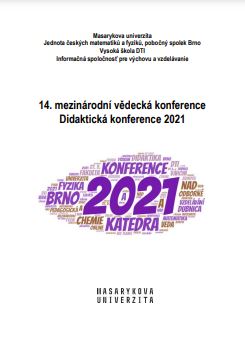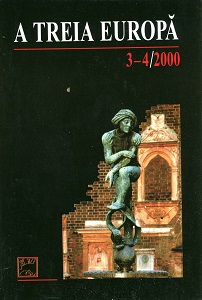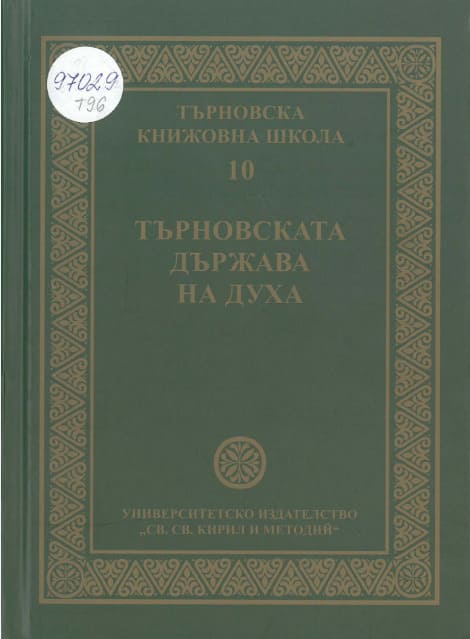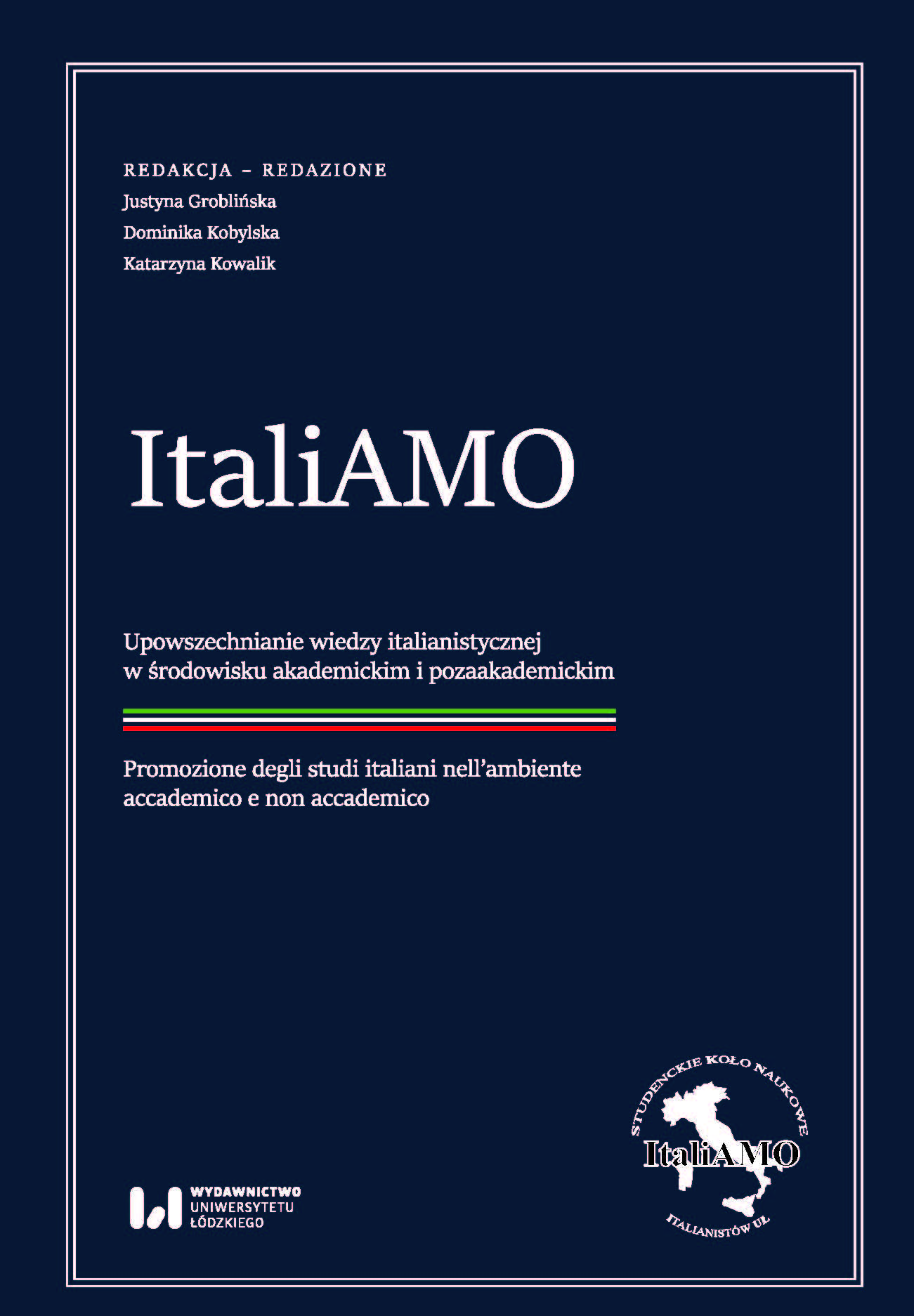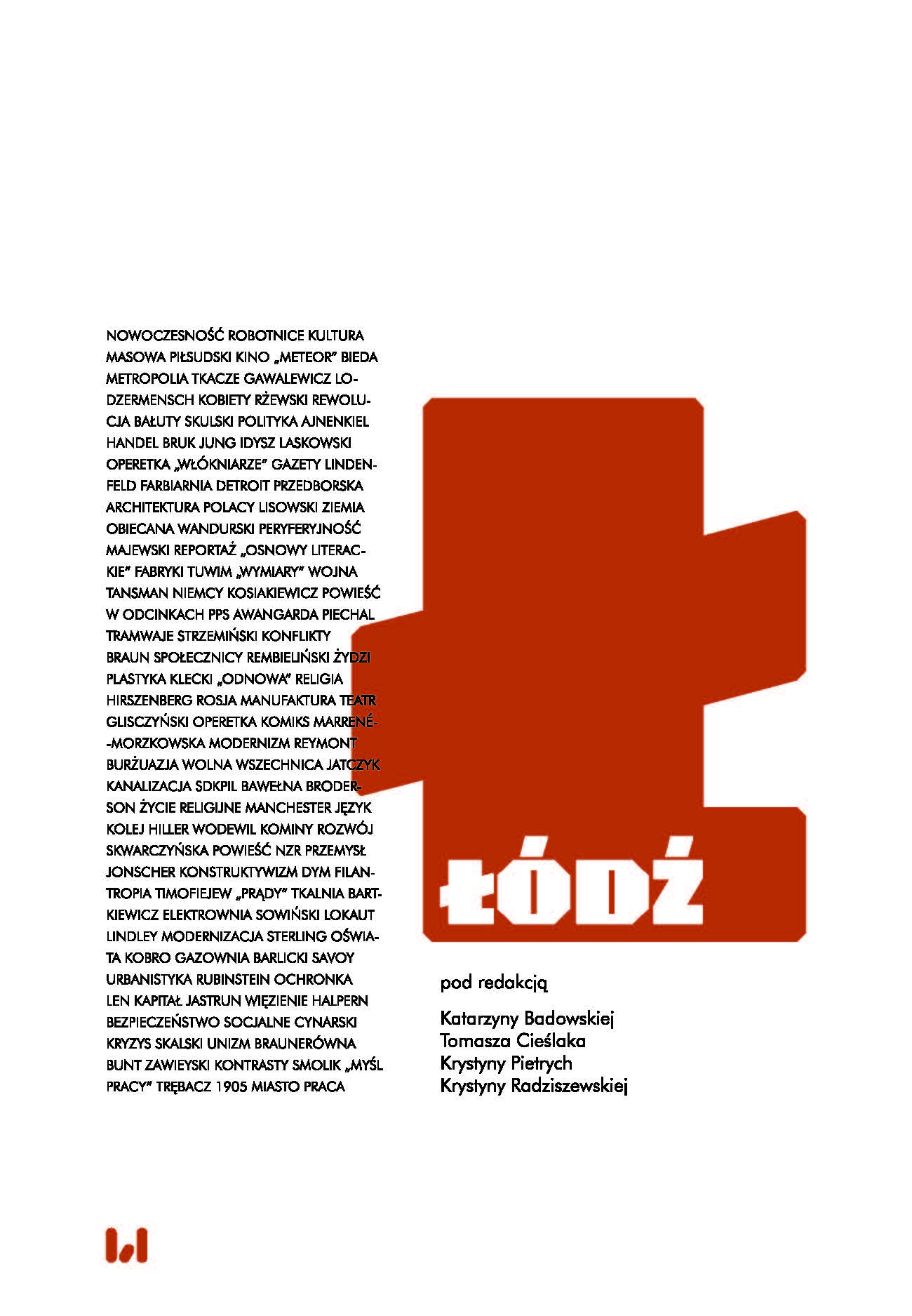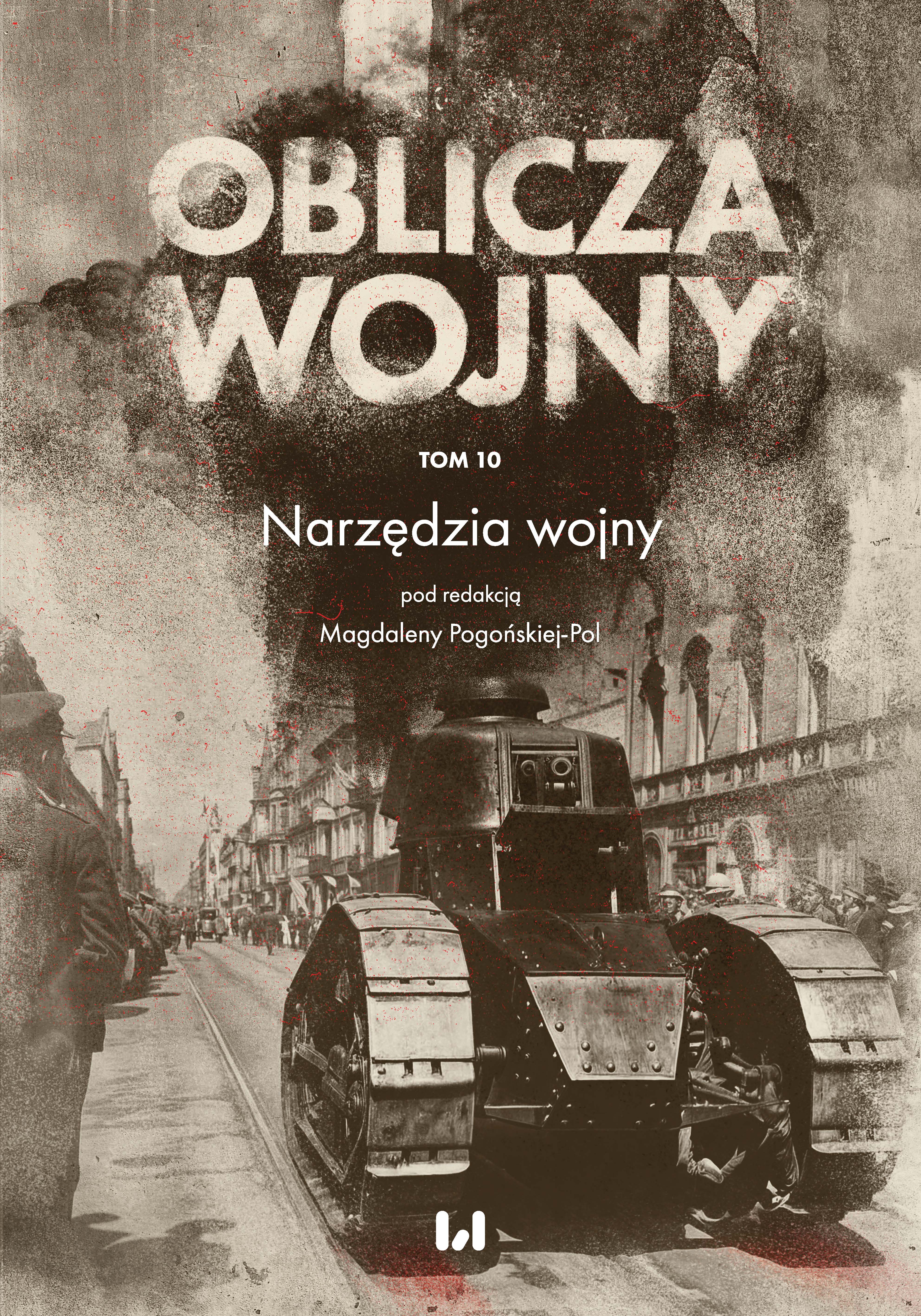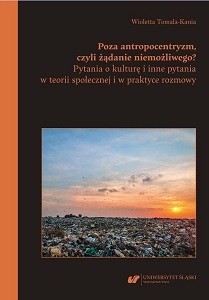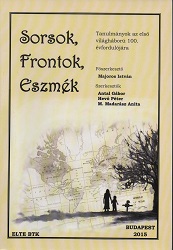
Háborús gyűlölet andante és allegro. A hivatalos irodalom, a katolikus egyházhoz közeli irodalmi lapok és a háború Magyarországon (1914-1916)
As for European intellectuals, war gave way to a new field of experiences for Hungarian writers, scholars as well as for artists. Writers close to the inner circles of the power and those of the Catholic Church committed to take part energetically in the war efforts of their country from the first moment. Some characteristic topics were popular among them such as the „ideas of 1914” or the strategic use of Shakespeare. However, writers close to power were less radical in the hatred of the enemy than those of the catholic periodicals who included also verbal abuse and anti-semitism.
More...
